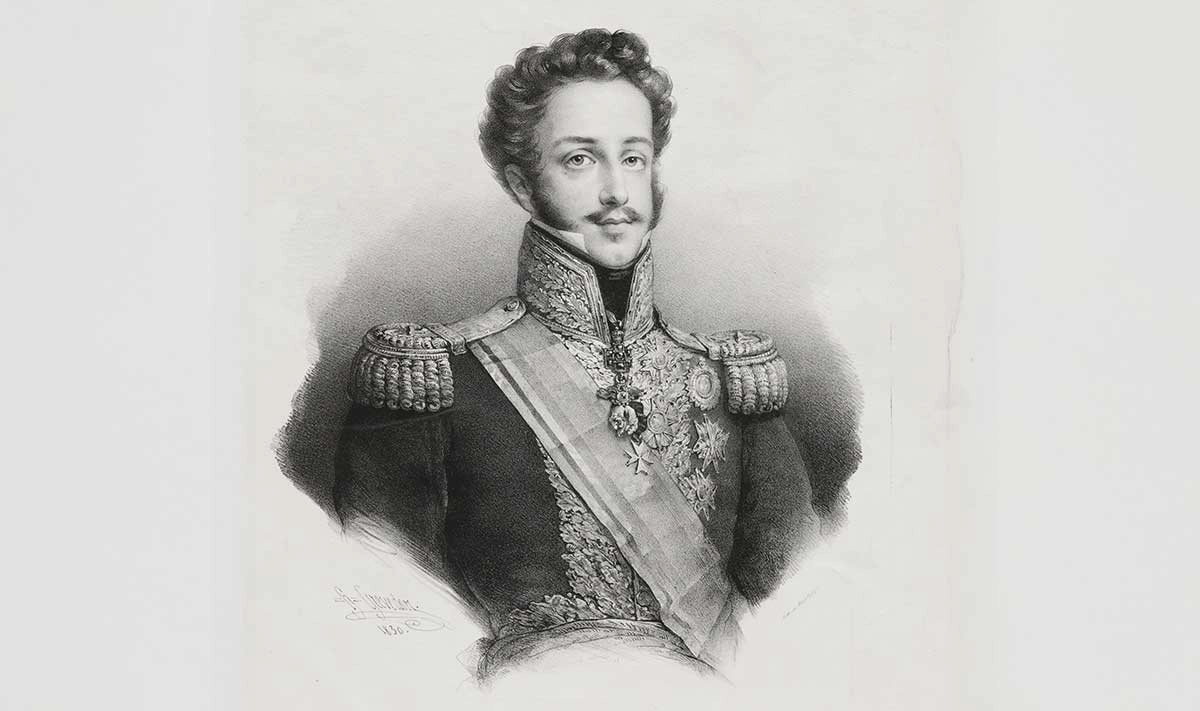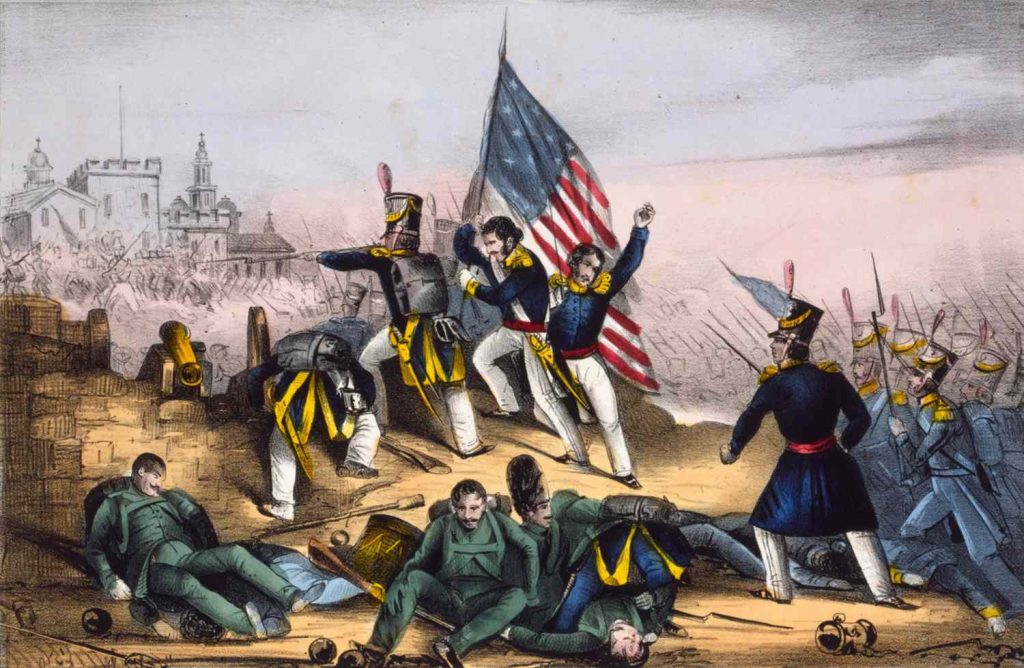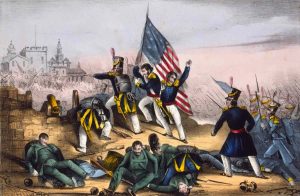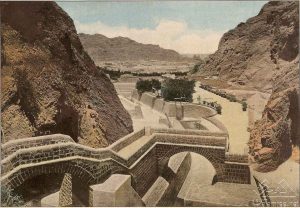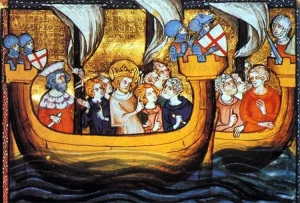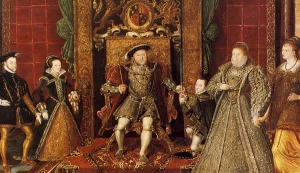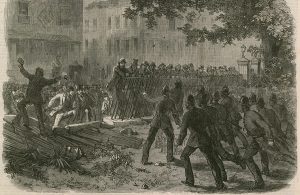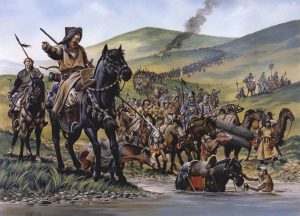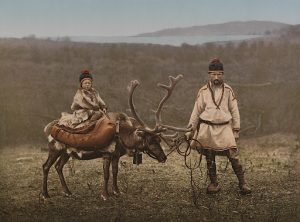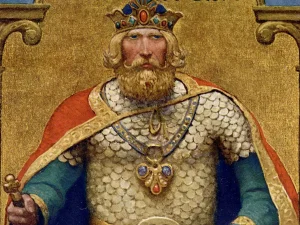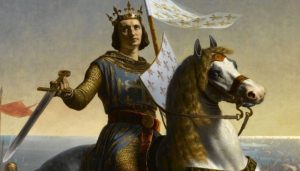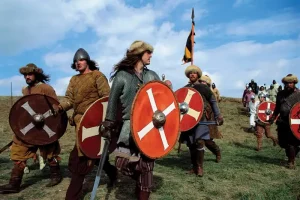Quick Summary
- Who: Dom Pedro (1798–1834), son of the Portuguese king.
- What: Declared Brazil’s independence in 1822 and became Emperor Pedro I.
- Problem: His rule faced political fights at home and a costly war abroad.
- Then: In 1831 he abdicated (gave up the throne) to help his daughter win back Portugal.
- Legacy: Seen as a hero of Brazilian independence and a champion of liberalism in Portugal.
From Lisbon to Rio: A Prince in Exile
Pedro was born in 1798, the son of the future King João VI and Carlota Joaquina. When Napoleon invaded Portugal in 1807, the royal family fled across the Atlantic to Brazil, escorted by the British navy. Overnight, Rio de Janeiro became the center of the Portuguese empire.
This move changed Brazil. Trade rules were relaxed, ports opened, industries grew, and the colony began to feel like a country in its own right. Pedro grew up in this atmosphere—close to Brazilians, comfortable in Rio, and less tied to old politics back in Lisbon.
1820: Revolution in Portugal, Pressure on Pedro
In 1820, a liberal revolution in Portugal demanded a constitution and the king’s return. King João VI sailed back in 1821, but he left Pedro as prince regent in Brazil.
The new Portuguese parliament (the Cortes) wanted to roll back Brazil’s new freedoms and pull Pedro back to Lisbon. Brazilians rallied around Pedro and begged him to stay. He agreed.
1822: “Independence or Death!”
On September 7, 1822, while traveling near the Ipiranga stream, Pedro received orders from Lisbon to come home and obey. He refused. Drawing his sword, he declared Brazil’s independence—a moment known as the “Cry of Ipiranga.”
By December 1822, he was crowned Emperor Pedro I of Brazil. Portugal resisted at first, but with help from foreign officers (notably Lord Cochrane) and Brazilian support, the last Portuguese garrisons surrendered. The Treaty of Rio de Janeiro (1825) made it official: Brazil was independent, and Pedro I was its emperor.
A New Empire, A Tough Start
Brazil adopted a constitution (1824) that was liberal for its time. It created an elected assembly and strong provincial governments, while giving the emperor veto power and the ability to choose ministers.
But politics quickly turned rough:
- Liberals said the emperor still had too much power.
- Conservatives worried the new system was too loose.
- Many disliked Pedro’s interest in Portuguese affairs, which never fully ended.
War and Loss: How Uruguay Was Born
In 1825, a revolt broke out in Brazil’s southern Cisplatina Province (today’s Uruguay). Argentina (then the United Provinces of the Río de la Plata) supported the rebels.
Brazil’s navy performed well, but on land the army struggled. A key setback came at the Battle of Ituzaingó (1827). War costs soared, morale fell, and public anger grew. In 1828, Brazil agreed to a peace that created Uruguay as an independent nation. This felt like a national embarrassment and badly hurt Pedro’s standing.
Two Crowns, One Problem
When Pedro’s father João VI died in 1826, Pedro technically became King Pedro IV of Portugal—while still Emperor Pedro I of Brazil. He knew he could not keep both crowns, so he abdicated the Portuguese throne in favor of his daughter Maria II.
Even so, he kept advising Portugal’s leaders. Enemies in Brazil used this to claim he would re-attach Brazil to Portugal (a false rumor, but effective politics). His popularity slid further.
1831: Abdication in Brazil
Tensions exploded in Rio de Janeiro in March 1831 when street fighting broke out between Pedro’s supporters and his opponents. Troops began to defect. To prevent deeper chaos and protect the monarchy for his young son, Pedro abdicated on April 7, 1831, in favor of Pedro II—who would later become one of Brazil’s most respected rulers.
Pedro boarded a British ship for Europe. His new mission: restore his daughter to the Portuguese throne and defend constitutional rule.
Back to Portugal: A Final Fight for Freedom
Portugal was in civil war. Pedro’s brother, Miguel, had seized power and pushed absolutism. The liberals held only the Azores islands.
Pedro landed in 1832, took Porto, endured a long siege, then launched a daring amphibious move to capture Lisbon in 1833. Miguel’s forces crumbled. The liberal cause won; Maria II returned as queen.
Pedro, however, was exhausted. He died of tuberculosis on September 24, 1834, in the palace where he was born—just months after securing victory.
How Should We Remember Pedro I?
In Brazil
- The father of independence: He made the hard choice to break with Lisbon and accept a Brazilian crown.
- A flawed ruler: His reign suffered from political infighting and the loss of the Cisplatine War, which created Uruguay.
- A pragmatist: When his rule threatened the empire’s stability, he stepped aside for his son.
In Portugal
- A liberal champion: He beat back absolutism and restored a constitutional monarchy under his daughter Maria II.
Why His Story Still Matters
- It shows how global events (Napoleon’s wars) reshaped empires.
- It explains why Brazil became independent as a monarchy, not a republic—an unusual path in the Americas.
- It highlights the tension between liberty and order in a new state.
- It reminds us leaders can be heroes in one chapter and controversial in the next—and still leave a lasting mark.
Key Dates (At a Glance)
- 1798: Pedro born in Lisbon.
- 1807: Royal family flees to Brazil after Napoleon invades.
- 1821: King returns to Portugal; Pedro becomes regent in Brazil.
- Sept 7, 1822: Independence of Brazil declared.
- Dec 1822: Pedro crowned Emperor Pedro I.
- 1824: Brazilian constitution.
- 1825–1828: Cisplatine War; ends with Uruguay independent.
- 1826: Becomes King Pedro IV of Portugal; abdicates Portugal’s crown to Maria II.
- Apr 7, 1831: Abdicates in Brazil; sails to Europe.
- 1832–1833: Leads liberals; takes Porto and Lisbon.
- Sept 24, 1834: Dies in Portugal.
In One Line
Pedro I won Brazil’s independence, lost political ground at home, then gave up his crown to win back constitutional liberty for Portugal—leaving a complicated but remarkable legacy on both sides of the Atlantic.

